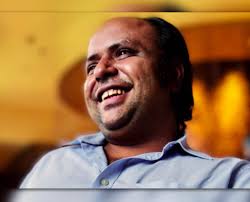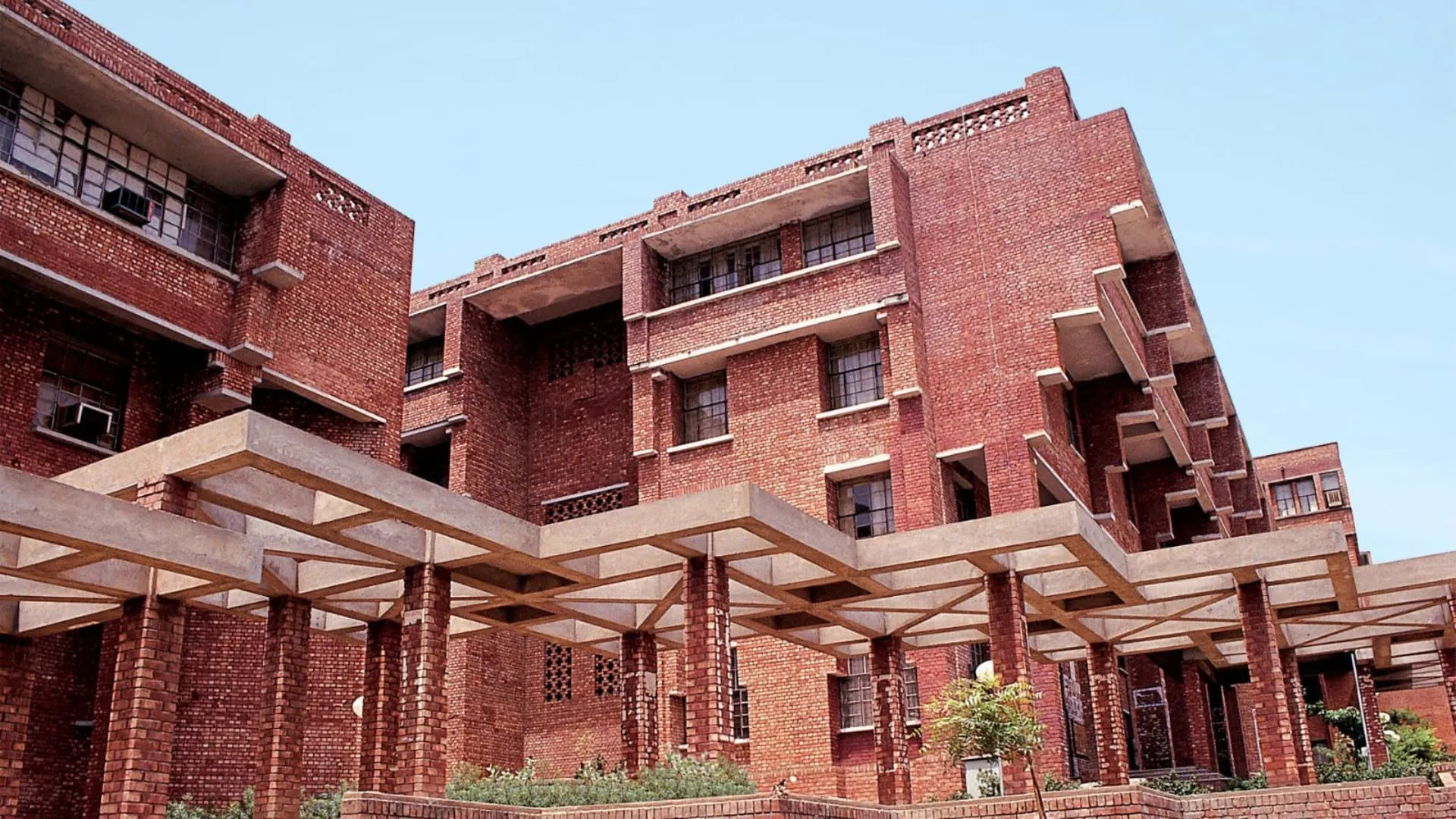Dr. Shadab Ahmed is an acclaimed name in India’s literary intellectualistic vista. As a translator, editor and transliterator of culturally-significant anthropological literary works from the Indian, Arabian, Persian and Ottoman empires, emirates, sultanates and kingdoms, he has found his acclaim in versifying passages from effortless unornamented pure metric verses to elaborate complex composite wordplays. His unique style of dispensing fusion literature and precision poetry has earned him critical adulation from his pandemic readers. His reviews, abstracts and interviews regularly appear in major national and international media, articles and journals. But this is just the fractional outlook of his personality, for Dr Ahmed is also a competent and skilled Oral & Maxillofacial Surgeon specializing in institutional management and administration, Quality Assurance and Accreditation. In this feature, we will delve deeper into the literary style and impact of his works.
Dr Ahmed is an extra-academic scholar of Persian, Turkish, Urdu, Sanskrit, Pali, Prakrit and Castilian literature in the Devanagari, Shahmukhi, Nasta’liq, Perso-Arabic, Latin & Orkhon scripts. His distinctive interest lies in European Literature and Poetry, covering the Jacobean Era, Elizabethan Era, Edwardian Era, Georgian Era, Stuart and Caroline Eras, Renaissance and Post-Renaissance Eras, and Mandarin Poetry, encompassing the Ming, Yuan, Song, and Tang dynasties.
On his diverse books, he tells that his first book “A Quatrain of Moods” is a collection of quatrains. These quatrains represent the various human moods and desires, bothecstatically and tragically. The featured quatrains are beautifully versified in the form of hyperbole, climax, personification, repetition, polysyndeton, asyndeton, similie, antithesis and anticlimactic suaveness.
Another of his culturally-important work “Bebakhshid” is a collection of translated verses from prominent and acclaimed Persian authors, poets, polymaths, Qalandars and nomads who spearheaded the Persian Literature and Poetic Movement, trailblazing it into a major reckoning force in World Literature and Poetry as a whole. His third book “La Siesta” is a compendium of translated poems from the Iberian Peninsula, covering the Spanish, Portuguese, Castilian, Galician and Catalan poetry. Again, the Iberian Peninsula has traditionally been ruled by distinct Christian and Islamic empires, and it is sheer literatim beauty to see the poetical forms getting integrated and amalgamated through the last 1000 years in Iberian history.
His best-selling book “Befarmaid” gives the readers an important insight into the political conquests in India by the Genghisid–Timurid Central Asians, the desire of a secular India by the 13th to 15th century and 17th to 19th century mystics, the general anguish prevalent in Indian literary society through the 18th century, the development of the Deccani-style Sufi poetry and the Naqshbandi-Mujaddadireligious order, the history of the Qadiri order or Owaisi order, the Chishti Sama and the Sufi reforms aiming at the harmony of Sufi philosophy in Islam and Vedanta philosophy in Hinduism, the Mughal-Afghan Wars and the rise of Afghan Nationalism, the economic and political history of India with the advent of Western Imperialism.
On the question to who is the ideal reader of his books, Dr Ahmed renders the ideal reader to be a lover of books, irrespective of being authorial or critical. With further book releases planned throughout 2025, we wish him all the best in his future endeavours.






















